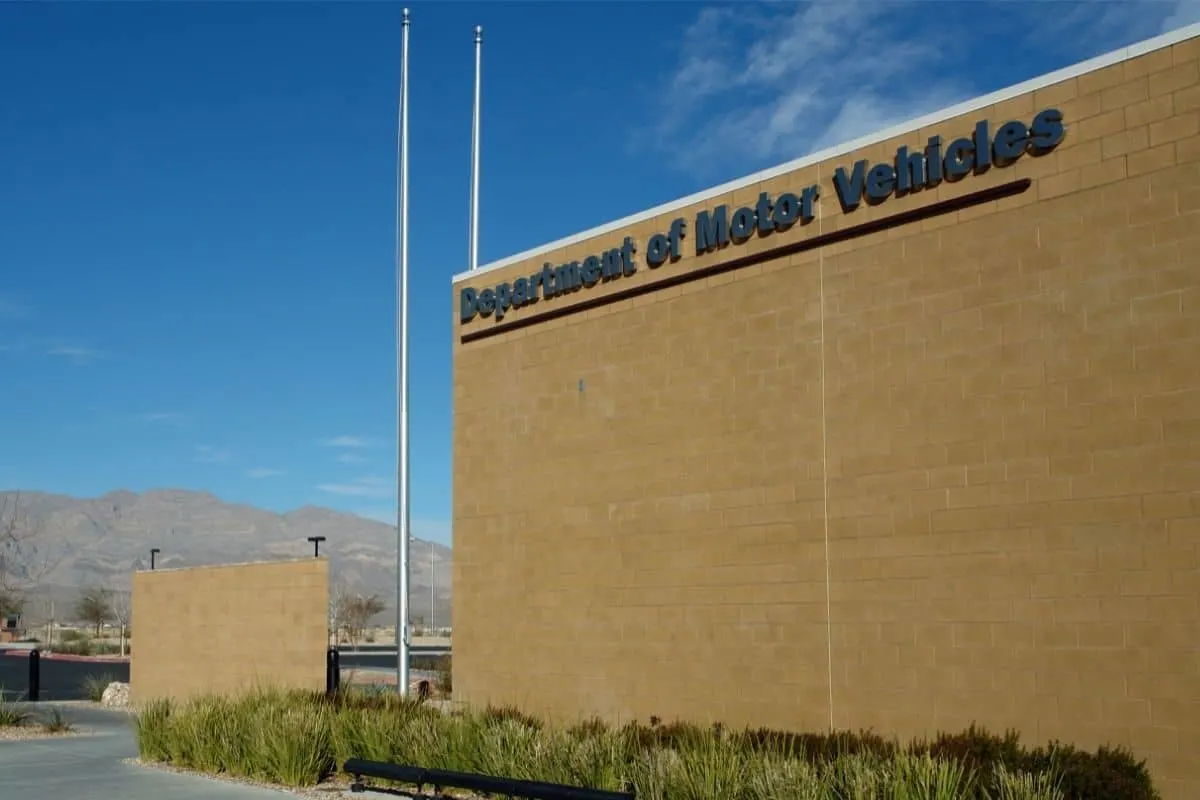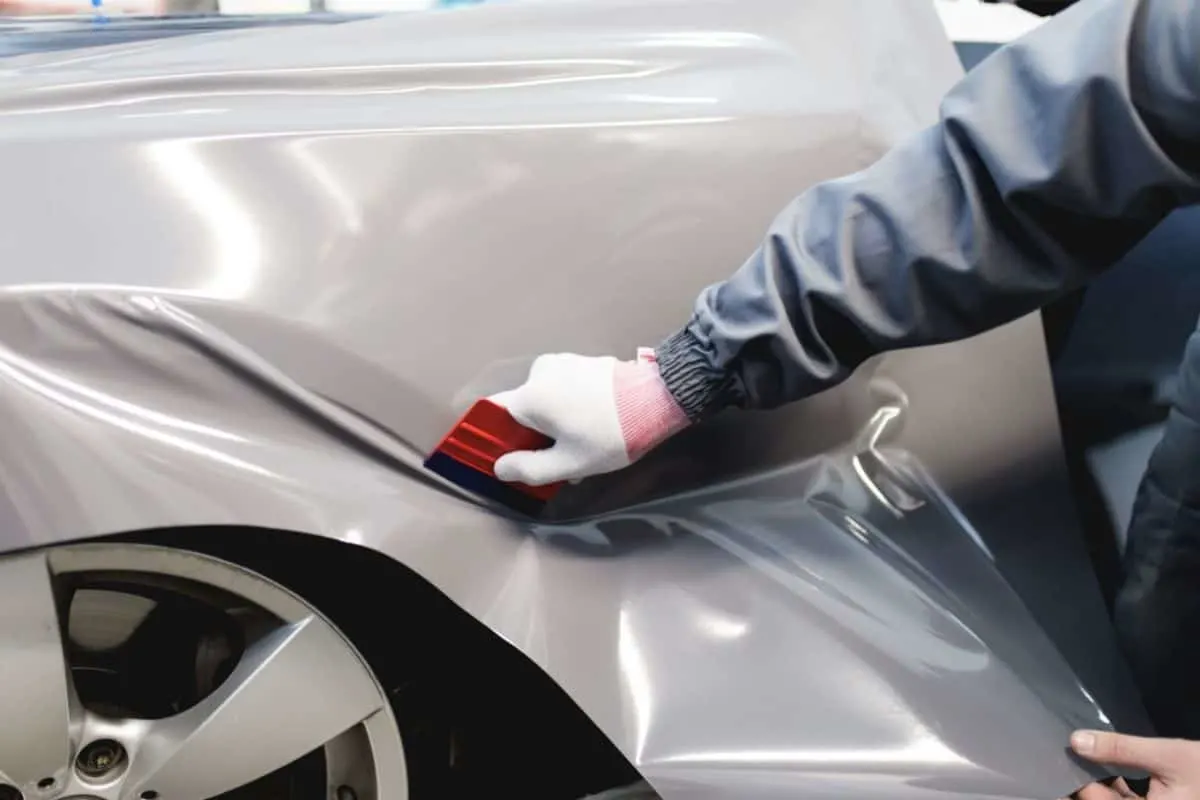Car wrapping is an art form that has grown in popularity in recent years. From ordinary citizens to high-profile personalities expressing interest in car wrapping, it has become much easier for anyone to have their vehicle wrapped. But despite its popularity, you may find yourself wondering if car wrapping is illegal?
Car wrapping is generally legal in most municipalities; however, local laws may apply additional restrictions that govern their use, content, and coverage. It’s important to understand these laws so that you are not at risk of getting a ticket for your custom design work.
In every state, there are set guidelines regarding car wraps. There may be minimum distance laws between the wrap and other items on our vehicles in some areas. Read on to learn more about the stance of the DMV and other regulators on car wrapping.
Legal Considerations for Wrapping Your Car
Vinyl wraps are a fun way to promote our businesses or even just express yourself.
But it’s not a welcome idea everywhere, as some major cities like San Francisco and New York have very strict local laws around the use of car wraps!
Some of the legal requirements to have in mind before investing in vehicle wrapping include:
- The design of the wraps on our car’s exterior must not be obscene or offensive. Also, if we plan to wrap someone else’s car, then we must ensure that we have their permission.
- When wrapping our cars, we must avoid covering any vehicle lights necessary for everyday driving, such as headlights, indicator lights, brake lights, and rear lights.
- The car wraps must not cover any existing branding or signage that is already present on the vehicle. For example, if a company logo is part of our vehicle, it should remain visible after wrapping the car. The same applies to registration plates which must remain clear and legible at all times.
- We must securely attach the wraps and ensure they won’t peel off in high winds or regularly use your vehicle. For example, double-sided tape is not suitable for wrapping our cars unless the design is intended for vehicle exteriors.
- The law requires most trucks to have reflective panels to alert other road users of the vehicle’s length or position at night. However, covering these panels with wraps reduces the vehicle’s visibility, making them unsafe for use in such kind of vehicles.
As you can see from just this short list of examples, the laws around car wrapping can be quite varied!
Before investing any money into putting a wrap on your vehicle, make sure to learn the ins and outs of your area’s local laws first.

The Impact of Car Wrapping on Car Insurance
When we make any changes to the color of our vehicles, like wrapping them in a vinyl wrap, it is essential to notify your insurance company.
Informing the insurance company ensures that accidents remain undercover and policy agreement remains valid.
#1 Accident Damage
Insurance companies are cautious about modifications we make on cars, as it could affect the annual premium.
Additionally, failing to report about money spent on an expensive car wrap can deny us a chance to claim insurance compensation if we get involved in an accident.
#2 Discontinued or Void Insurance Policy
Depending on the terms of the insurance policy, our car wrap may not be covered.
Furthermore, the car wrap may be a contributing factor to the cancellation of our insurance policy.

Do You Have To Notify The DMV If You Wrap Your Car?
The DMV does not require car owners to notify them if they wrap their vehicles. However, in most cases, DMV regulations come into consideration depending on whether we intend to change our car’s color permanently or temporarily.
A full wrap can alter the entire appearance of a vehicle. So, if the vehicle features a large wrap, we must update our vehicle’s registration according to the state or territory in which we reside.
Without confirming the vehicle’s appearance with local authorities, drivers potentially face penalties for not conforming to statutory requirements.
The Possible Repercussions for Car Wrapping
The DMV does not have any specific fines for vehicle wraps. Nevertheless, penalties may differ in each state depending on its laws.
No matter what state we live in, it’s advisable to report our wrapped cars to the local DMV if the wrap is significant. Ultimately, whether or not we get ticketed for car wrapping will depend on the prevailing state laws.
We must be aware of all legal implications that come with car wrapping our cars. This way, our vehicles remain roadworthy, and there won’t be any problems with the insurance company.
Is Car Wrapping Permanent?
Car wrapping will not be permanent as long as the original paint is preserved. If the original paint is damaged by car wrapping, it can instantly peel off and destroy the lamination.
However, a good car wrap may last for years with proper maintenance. The adhesive used in holding the vinyl wraps in place is corrosive-resistant and durable.
When the car wrap is no longer intact, it might show signs of wrinkle, bubble, peel, or show signs of wear. When this happens, most people choose to re-wrap or change it altogether.
Subsequently, if the new look deviates from the original wrap, report all significant changes of the original wrapping to the DMV where applicable.
Why People Wrap Their Cars
Car wrapping can mean several things to many people. To some, it’s a way to express themselves through custom designs.
To others, it is a reflection of status and accomplishment. Sometimes, it might even be an investment strategy.
It is our constitutional and legal right to customize our cars as we deem fit, but we need to recognize and follow applicable local and state laws against car wrapping.
There is no harm in doing things the right way to avoid any hassle in the future.
